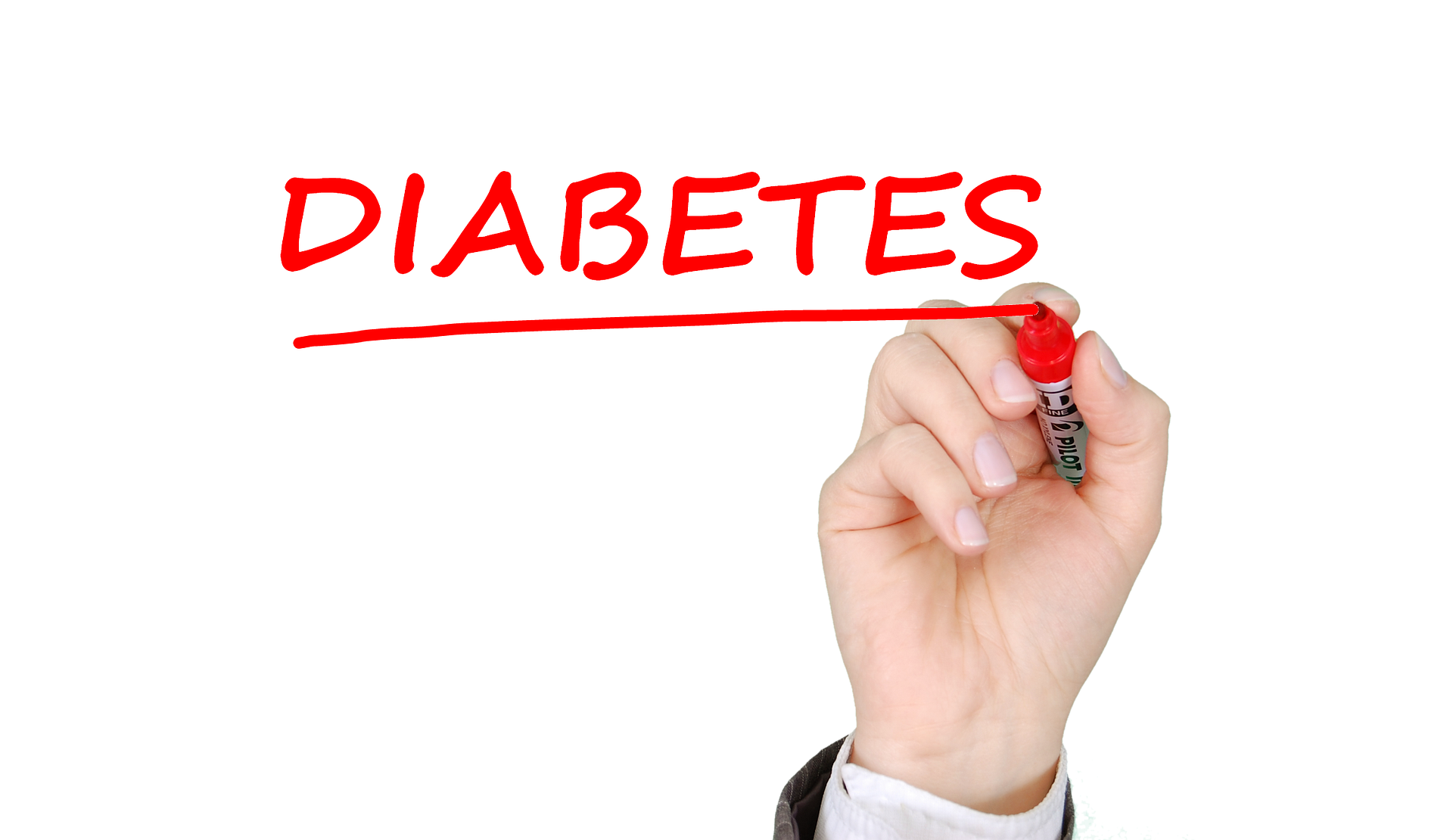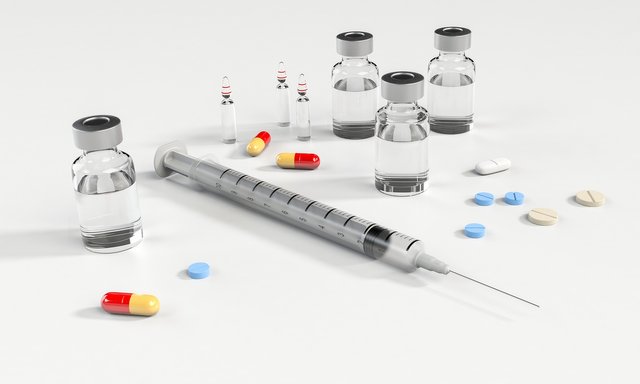Diabetes part 1
Diabetes is a malady that ensues when the blood glucose which is the major of vivacity and originates from the sustenance we eat, becomes too high. Insulin, a hormone produced by the pancreas, expedites glucose from food to get into the cells to be developed for vitality. So it wouldn’t be out of place to say Diabetes is the state when the body doesn't produce enough or any—insulin. At this point, excess glucose remains in the blood and doesn't reach the cell not till after some time when the excessively glucose in the blood cause serious medical issues. Periodically, people refer to diabetes as "a touch of sugar." These expression acclaim that somebody doesn't have diabetes or has a less genuine case. However, every instance of diabetes is not jokey. Indications of high blood sugar incorporate lengthened thirst, continuous pee, and stretched hunger. If left unattended to, diabetes can cause numerous snags. Genuine ordeal problems integrate cardiovascular infection, stroke, incessant kidney illness, foot ulcers, and harm to the eyes.
THE ROLE OF INSULIN IN DIABETES
To comprehend why insulin is essential for diabetes, it is important to find out about how the body uses nourishment for strength. The body is comprised of a large number of cells. To create oomph, these cells require food in a remarkably simple form. When we eat or drink, a part of our diet is broken down into a regular sugar called "glucose." Then, glucose is transported through the circulation system to the cells of your body where it can be utilized to give a portion of the vitality your body requirements for everyday exercises.
The hormone insulin firmly manages the measure of glucose in your circulation system. Insulin is continually being discharged in small sums by the pancreas. When the ratio of glucose in your blood ascends to a certain level, the pancreas will release more insulin to push more glucose into the cells. This causes blood glucose levels to drop. To keep your blood glucose echelons from becoming too stumpy (hypoglycemia or low glucose), your body motions you to eat and releases some glucose from aptitude retained in the liver. Individuals with diabetes don't make insulin, or their body's cells are impervious to insulin, leading to huge amounts of sugar circulating in the blood. By delineation, diabetes is having a blood glucose level of 126 milligrams for each deciliter (mg/dL) or more after an overnight fast.
There is a substantial portion of diabetes perplexity with regards to understanding the two principal varieties of diabetes: type 1 and type 2. The puzzlement exists inside the society, inside our families, inside discussions among individuals living with diabetes and those living without diabetes.
Here are two simple approaches to clarify the two most usual kinds of diabetes
Type 1 diabetes: Well, every human (and animals) need insulin to live. The body assailed itself and demolished the piece of the pancreas that is in charge of delivering insulin. Right now, it can't be forestalled or cured. The body's invulnerable framework decimates the cells that discharge insulin, in the long run disposing of insulin generation from the body. Without insulin, cells can't retain sugar (glucose), which they have to create vitality. When you don't have insulin in your body, the glucose from the sustenance you eat manufactures and works in your circulation system. We as a whole need insulin keeping in mind the end goal to take that glucose and let our body utilize it for verve. Individuals take insulin with a syringe, a pen, a pump or case. It requires a considerable measure of consideration, throughout the day
Type 1 diabetes is more typical in kids, and gestational diabetes is a type of diabetes that can happen amid pregnancy.
Type 2 diabetes: "While society have shown us to believe that this type of diabetes is the consequence of being overweight or eating excessive sugar, it's in reality significantly more convoluted. In type 2 diabetes, a man's body can't meritoriously make use of insulin appropriately, otherwise called "insulin protection." The cure of type 2 relies on every person. For a few, eating routine and exercise can be sufficient to keep up sound glucose levels, while others may require oral narcotics or insulin. Type 2 diabetes can't be cured, yet you can in some cases deal with the type two diabetes in a way that influences it to appear just as you don't have it any longer because your blood sugars are in a solid range once more. It is difficult!"
From that point, individuals frequently make inquiries about how regularly you need to check your glucose and an astypement of different inquiries or remarks that occasionally feel inconsiderate or absurd. Repeatedly, they're merely endeavoring to learn. Type 2 is the most widely recognized kind of diabetes. More often than not, a blend of things causes composes type 2 diabetes, including:
Genes: Researchers have discovered several bits of DNA that influence how your body makes insulin.
Broken beta cells: If the cells that influence the insulin to convey the wrong measure of insulin at the wrong time, your glucose gets perplexed. High blood glucose can harm these cells, as well.
Additional weight: Being overweight or fat can cause insulin protection, particularly if you bear your extra pounds the center. Presently type 2 diabetes influences children and youngsters and additionally grown-ups, mostly as a result of minority stoutness.
An excess of glucose from your liver: At the point when your glucose is low, your liver makes and conveys glucose. After you eat, your glucose goes up, and as a rule, the liver will back off and store its glucose for some other time. Be that as it may, a few people's organs don't. They continue turning out sugar.
Metabolic disorder: Individuals with insulin protection frequently have a gathering of conditions including high blood glucose, additional fat around the midriff, hypertension, and elevated cholesterol and triglycerides.
Terrible correspondence between cells: Here and there cells send the wrong flags or don't get messages accurately. At the point when these issues influence how your cells make and utilize insulin or glucose, an anchor response can prompt diabetes.
Who can probably have type 2 diabetes?
You will probably develop type 2 diabetes If you are age 45 or more seasoned, have a family history of diabetes, or are overweight. Physical dormancy, race, and specific medical issues, for example, hypertension additionally influence your possibility of developing type 2 diabetes. You are likewise more inclined to develop type 2 diabetes if you have prediabetes or had gestational diabetes when you were pregnant. Take in more about hazard factors for type 2 diabetes.
That's all for this week.. We will be talking more on it next week.
Post created and written by @marvel1206, Edited and posted by @camzy
Images were gotten from Pixabay



